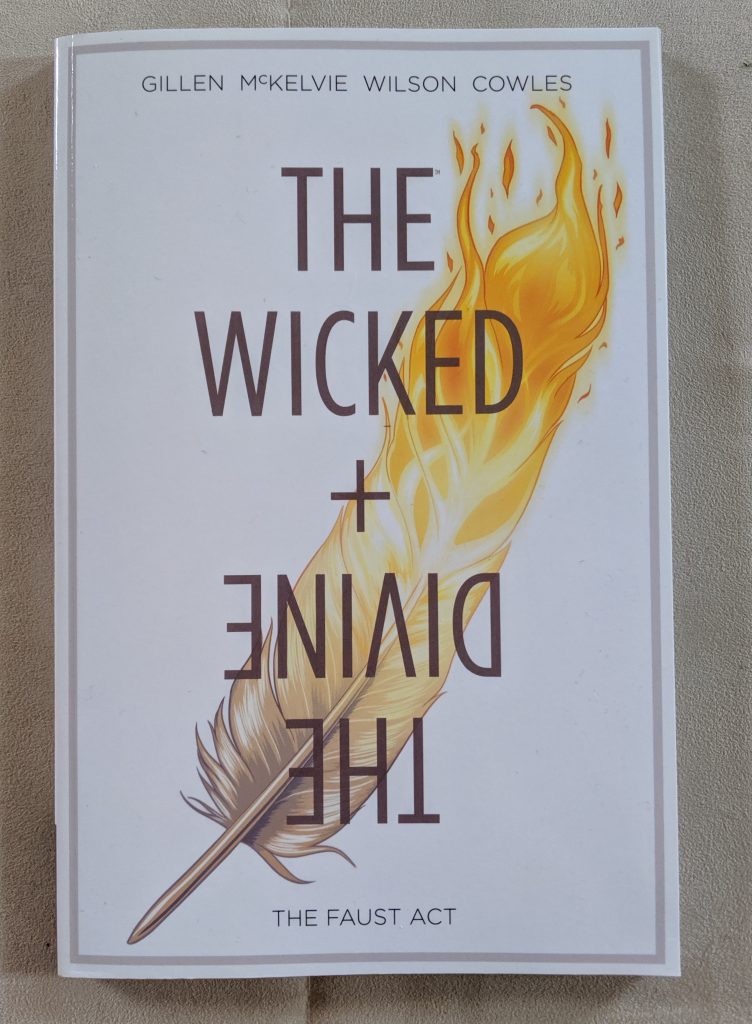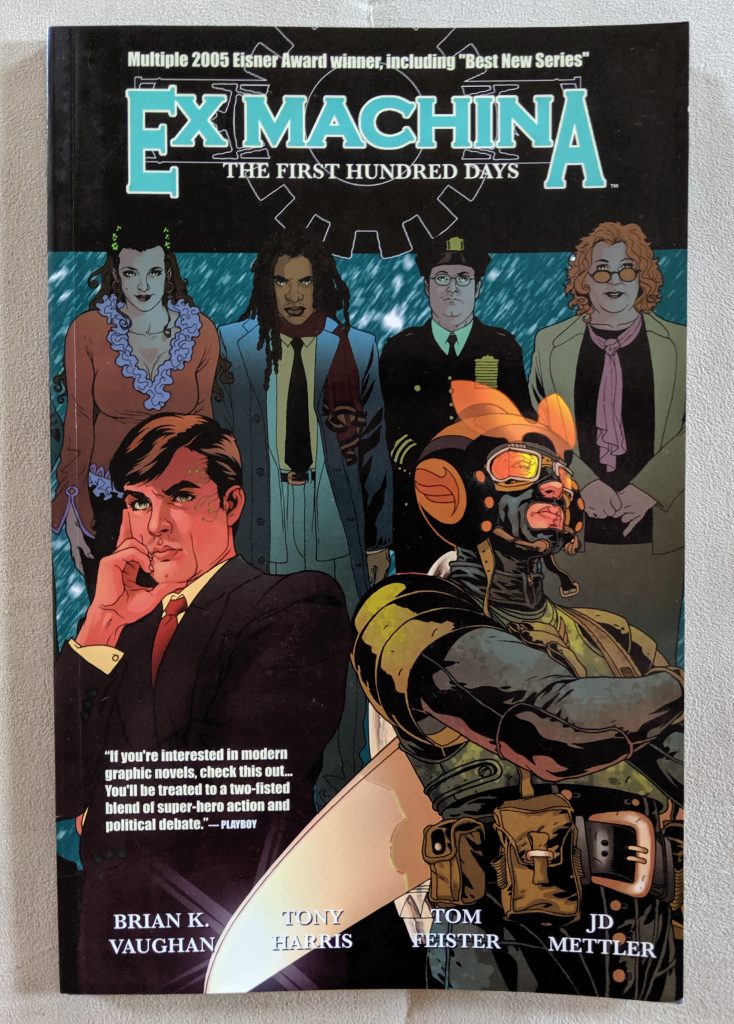I already put away most of my luggage from that incredibly long vacation at Mom’s (that by the way felt more like a series of weekends – over before I knew it). But I brought all my childhood journals, and am now in the process of “organizing” them, starting with labeling them with their date ranges, and maybe eventually itemized entry dates or topics if I have time. (An archivist I am not; I have no idea what I’m doing.)
But reading what I wrote over some particularly memorable periods of my life I realize I focused on unpacking what was bothering me, and left out a lot of the good that happened. A lot of stuff I’d like to remember better.
So, here are the highlights of What I Did On My Summer Vacation!
- I drove Mom’s car. I wrote about it on instagram, but this car meant a lot to me (yes it’s the same one she had when I was growing up).
- I drove out to the mountains with Mom. We went to Canmore (for fun and reconnaissance) and then we went to Canmore again (for mountain biking) and again (for french pastries) and again (for more mountain biking) so I think that’s a record.
- I hung out with a friend from high school who I’ve gotten to know better on the internet in recent years. We saw John Wick 3 and then had a heart-full conversation for hours over dinner. It was amazing.
- I read a lot of N. K. Jemisin. When I was done my “plane book” (tip: check the number of pages before buying a plane book from Amazon. Actually don’t buy from Amazon. Look I was leaving soon and the local bookstore didn’t have it), I renewed my Calgary Public Library card and borrowed another.
- We went shopping at MEC a little (I guess I went to MEC four times this trip, which is also a record).
- We drove to Sundre to buy a second-hand backpack, and saw beautiful fields of Canola (hi, China!) and got caught in a hailstorm (hi, Global Warming!)
- Alex arrived and we drove to Mount Robson. Mom’s car struggled to get up the Icefield Parkway but we made it. We saw the peak of Mount Robson with no clouds. Once.
- Alex and I and J___ and J___ hiked up to Berg Lake! I sat on a bench and looked at a glacier.
- I laid on a beach and looked at a glacier. I communed with the glacier.
Glaciers are strange beasts. They are fossilized snow. They calve, they break, they melt and retreat but they are renewed as the ice forms and flows downwards. A solid fluid at this massive scale. What is the Reynold’s Number of a glacier? [I can google this now, it’s 10^-11] They exfoliate mountains, but to the mountains they must seem like mayflies. They are so blue. They creak and groan. They look like you could reach out and touch them when they’re kilometers away. They devour people. The awe I felt, of something so otherworldly, rivaled the best science fiction. Glaciers. They store water at the top of the earth so it can flow slowly into the oceans. But they exist in such a delicate thermal balance – growing in winter, shrinking in summer. And they’ve been shrinking, overall, for decades now. What rivers will be dry when the glaciers vanish? Can we unfuck our planet?
- Alex and I hiked up to Robson Glacier. It looked like a small walk to the toe. Two hours later, i got my wish, and touched ice. It felt old. I also may have licked it [kids! this is not advisable]. It tasted cold.
- We saw the Spiral Tunnels and watched a train go through.
- We drove to Fernie to pick Saskatoon berries, but there were none.
- We saw the old growth forest at Island Lake Lodge, and we saw the beach at Kikomun Creek Provincial Park. They are wildly different ecosystems, only a half hour drive apart.
- Mom got sick, and drank a lot of Gatorade (only the Glacier Frost flavour because it had the least food colouring).
- We saw a Shakespeare at the Bow, and laughed our asses off (heh) at A Midsummer Night’s Dream.
- I really love mountain biking, and will endeavour to get out more.
But did I accomplish what I wanted to on this vacation? According to a text to a friend, I planned to:
do almost nothing because I’m exhausted of feeling like I’m failing? Try to forget about work? Try to figure out why I am the way I am. And maybe solve capitalism.
Points one and two were a qualified success. Points three and four… well I’ve got a lot more unpacking to do.










